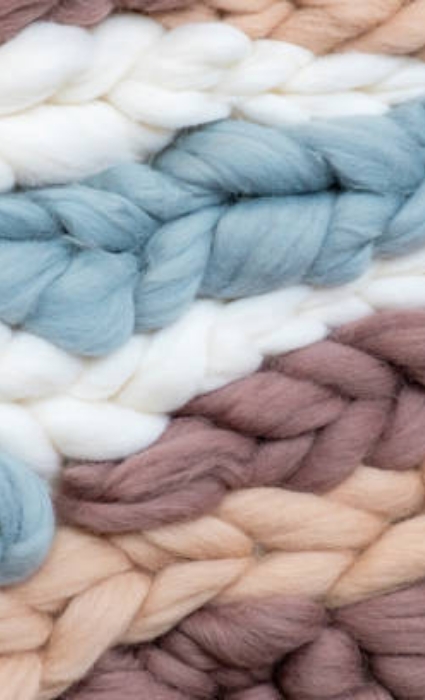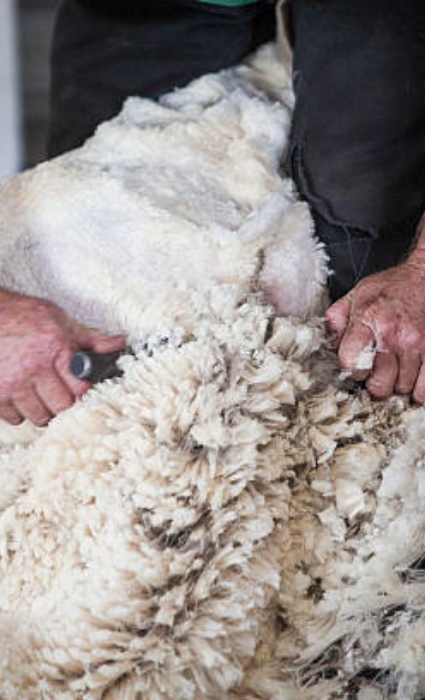Are traceable wools sustainable wools? The - Première Vision Paris - Denim Première Vision - Première Vision New York
Breathable, insulating and soft, wool is a fiber that’s part of our everyday lives and outdoor activities. In jerseys, it brings suppleness and warmth close to the body; in gauze, it provides insulation for featherweight materials. To cope with the cold seasons, wool sheets – double-sided, plain or checked – will cover the body with a protective envelope. Wool is also part of a circular economy, with wool recycling being a historic skill in the Prato region, where new high-end recycled yarns or waddings are born. But before this promising second life starts, how can we be sure that the wool chain meets responsible criteria?

Traceability allows us to attest to the conditions under which the sheep are raised and sheared, and to the respect for the environment during grazing, to maintain soil health, avoid land degradation and preserve biodiversity.
Animal welfare is defined by five freedoms:
- freedom from hunger, thirst and malnutrition;
- freedom from discomfort;
- freedom from pain, injury or disease;
- freedom to express normal behaviour;
- freedom from fear or distress.
Mulesing is forbidden (this is a preventative surgical measure that removes strips of skin to prevent parasites from laying eggs).
Several certifications support this responsible transformation.
RWS, the Responsible Wool Standard is the most widely found certification proving animal welfare and a value chain that is responsible and traceable. Its goal is to promote best farming practices, through respect for the animal throughout its life, integrated land management, ensuring the health of soils and biodiversity. This responsible guideline is also applied to mohair with RMS, Responsible Mohair Standard, and to alpaca with RAS, Responsible Alpaca Standard.
ZQ Natural Fibre certifies high-quality wool from New Zealand, Australia and South Africa, traceable to the farm. ZQ ensures that mulesing is banned and that the five freedoms of animal welfare are respected. The certification also sets criteria for the protection and maintenance of the land and ensures safe working conditions, fair wages and stable incomes.
The GOTS certification attests that the feed and forage are organic, while banning the use of hormonal treatments, and imposing welfare criteria such as a ban on mulesing.

